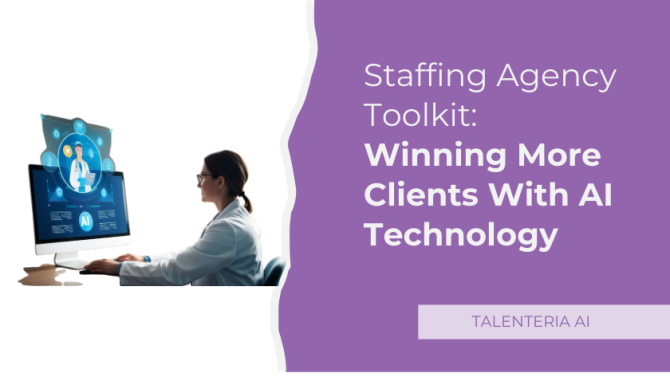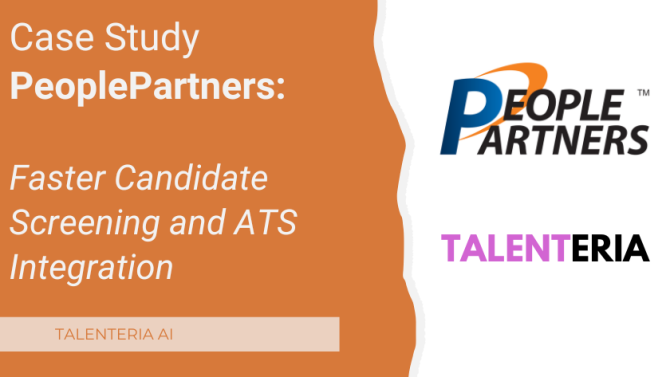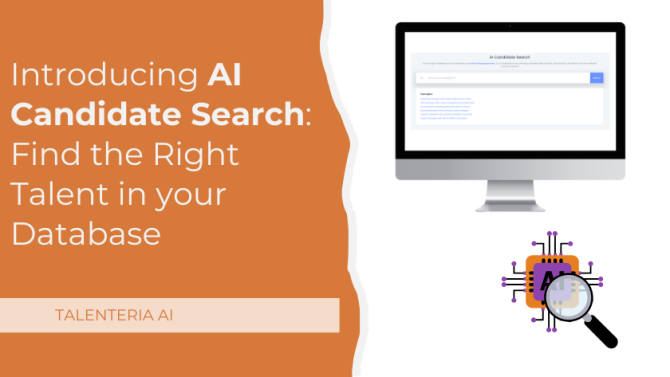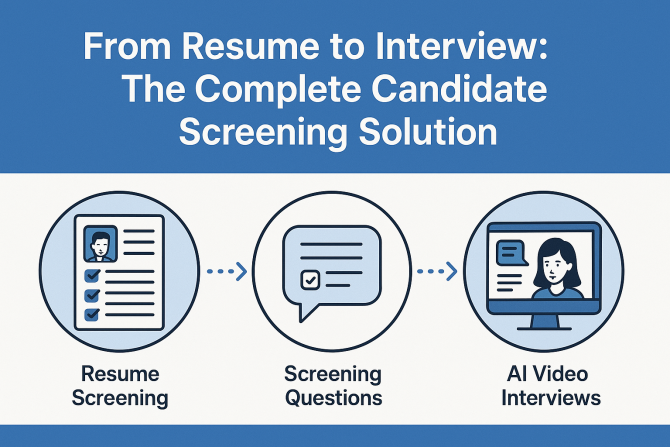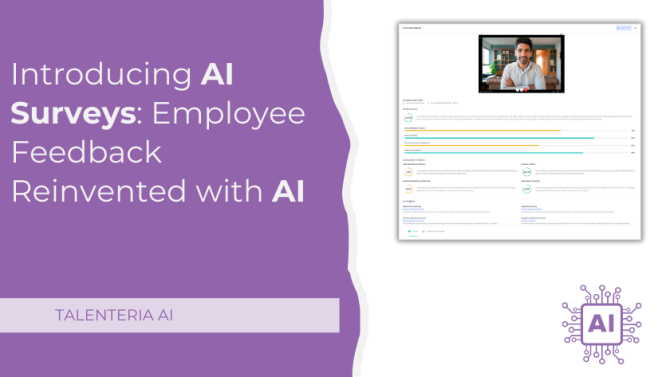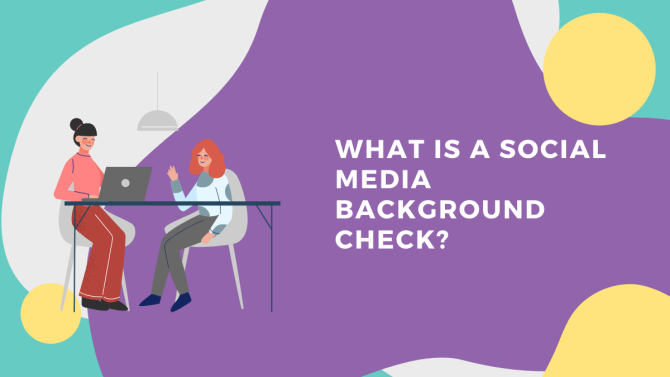
What Is A Social Media Background Check?
We are all aware that recruiters and hiring managers will do background checks on prospective candidates prior to proceeding with their applications. To verify the skills and experience candidates claim to have on their resumes, previous employers may be contacted and qualifications validated by institutions.
But with the vast pool of information posted by the candidates themselves on social media, it won’t be surprising to learn that candidates might be a little cyber stalked by their potential employers too!
The readily available information provided by a candidate’s social media can give employers a much more authentic picture of who they are hiring, or at least who the candidate projects themselves to be online.
After reading this article, you may want to rethink that drunken selfie upload on Facebook or the latest angry tweet you’re about to send. You never know who might just be watching you!
A Definition
A social media background check is the act of researching candidates using their online profiles and social media accounts. They can be done by recruiters, employers, or professional screening agencies. It is vastly becoming part of the modern candidate screening process. In fact, recent studies show that 2 out of 5 companies conduct social media background checks during recruitment stages.
Professional networking accounts such as LinkedIn are often looked at to verify work history and activity. However, it is also becoming more common for checks to extend to personal profiles on platforms such as Facebook, Twitter, and Instagram. The ethics and legalities of employers combing through the latter are widely debated.
Benefits of Social Media Background Checks for Employers
Social media background checking can provide a recruiter or employer vital information about a candidate that could influence the final decision of whether they should be hired. Checks can:
- Give further insight into candidate fit
- Verify skills and other details in candidate resumes
- Help to safeguard a company from potential security or reputational threats
Prevent Hiring a Toxic Candidate
By snooping around a candidate’s social media posts, employers will be able to quickly get a general sense of their character, moral values, and opinions. It may be discovered that a candidate partakes in online activity that would conflict with company values or, worse, considered illegal, such as hate speech. In addition, it may be interesting to see if candidates slander previous or current employers. All these kinds of toxic behaviors on social media may carry over into the workplace. Toxic hires create toxic environments and are often a root cause for high turnover and other problems for a company.
Avoid Hiring a Criminal
Sometimes a candidate may slip through the cracks by passing regular criminal background checks because they have no current or previous convictions on their criminal records. But that does not necessarily mean they are law-abiding citizens. There is a possibility that candidates make their criminal activities known online. They may have posts bragging about breaking the law or upload self-incriminating evidence such as pictures or videos that show them engaging in these unlawful acts. Social media checking can help employers avoid hiring a criminal unknowingly.
Cost-Effective
Saving time and money in recruitment screening methods is always a primary objective for human resource management. Thus, social media background checks are an ideal way to do so. They are much quicker and relatively inexpensive compared to other background check procedures. Recruiters do not have to wait as long for responses from references or results from other background checking services.
Find Diamonds in the Rough
Sometimes candidates may have other hidden talents and skills that were not mentioned on their resumes. A social media background check may reveal the hidden potential in a candidate that would have been unknown to employers otherwise.
Legal Risks Associated with Social Media Background Checks
The two main legal risks include discrimination and mistaken identity, which we’ll look at in detail.
Discrimination
The equal opportunity movement prohibits the prejudicial disqualification of candidates based on race, sex, religion, or any other characteristic that has no bearing on job suitability. It has been argued that social media background checking may open grounds for such discrimination.
Once a candidate is searched on social media, all these characteristics can be revealed. This may lead to conscious or subconscious bias. If it is disclosed that a highly qualified candidate was rejected after a check, it may lead to legal action being taken against the company or other forms of backlash such as boycotts.
Other forms of discrimination could occur when the recruiter or employer strongly opposes the political beliefs and opinions of a candidate. We must differentiate between free speech and problematic or hate speech. While some opinions may be unsavory, unethical, politically incorrect, or just plain unpopular, it is discriminatory to hold them against the candidate.
Mistaken Identity
It is a possibility that there are people out there with the same name, date of birth, and location. This could very easily lead to a case of mistaken identity. Therefore, the accuracy of a social media background check may be compromised in a situation like this.
Furthermore, a candidate may have online imposters. Commonly a form of “cyber slamming,” fake accounts may be created by another individual impersonating the candidate to tarnish the candidate’s reputation. Consequently, all offensive posts and comments were never actually made by the candidate and so are not a reflection on the real candidate’s personality.
Can You Perform Social Media Screening on Yourself?
Because of how prevalent social media checking has become during the recruitment process, it would be handy to see for yourself what employers will find when they Google you. Prepare your online presence for scrutiny before submitting applications by implementing these simple steps:
1. Search Yourself
The first thing you should do is type your identifying information into widely used search engines. Be sure to do this in private browsing mode, i.e., incognito. This will ensure that search results are not affected by search analytics such as cookies. Look up your full name for a starting point.
If you should come across any websites or profiles using your personal information and photos without permission, you must take action to remove them. Report these sites and profiles to the hosting domain or platform. Legal action may be required if reporting does not resolve the matter.
You may also hire professionals to help you clean up your digital footprint.
2. Clean Up Old Social Media Accounts
Dig up all past social media accounts that you abandoned years ago. Perhaps you outgrew that blog you used to vent your teenaged frustrations. Perhaps you have an old profile that you ditched on a platform that everyone stopped using. No doubt, there are probably some remnants of embarrassing content on these inactive accounts. Erase your unprofessional past by deleting these accounts permanently.
3. Prime Your Current Social Media Accounts
- Begin by viewing your current social media profiles while logged out or choose to view as a visitor. You can then determine what information is made public or, more importantly, what is visible to a potential employer.
- Privatize or delete any photos you would have a difficult time explaining to an employer. It is unlikely having an active social life will work against you but having too many photos of yourself at different parties or clubs may leave an employer to question your suitability for certain roles, such as a managerial position.
- Use professional and consistent profile photos across all platforms. A profile photo is the first thing that will be seen when you are searched. Hence it is imperative to have a photo that is appropriate. Using the same photo for all profiles will help to make you more identifiable. Expert advice on professional photos states that they should be taken while facing forward, smiling, in formal attire, and inclusive of your entire head and shoulders.
4. Adjust Posting Habits
- Always be respectful in your online engagements.
- Refrain from negative, controversial, or offensive postings.
- Try to fill your feeds with positive and inspiring content.
- Request your LinkedIn connections to endorse your skills and qualifications.
- Support individuals and brands that will convey your network and interest within the relevant industries.
Social media background checking by employers is a much-debated topic. There have been some suggestions of unfairness for a candidate to be held accountable for online engagement made before the age of 18.
Social media background checks are sometimes also used by various companies on current employees too, sparking much outrage regarding rights to off-duty privacy. Whilst it isn’t technically illegal, many believe it to be unethical and a breach of privacy guidelines. Regulations are currently being formed to standardize the practice, but it seems like this form of candidate screening won’t be going away any time soon.
Employers should be aware of both the advantages and disadvantages of social media background checking. Candidates should be aware their digital lives may be scrutinized during recruitment processes. However, it is notable that we should all be mindful of what we say and post online in general and not just for the benefit of impressing employers. As someone wise once said: Tweet others the way you want to be tweeted.
If you liked this article, you might want to check out our other ones, too, right here on Talenteria!
